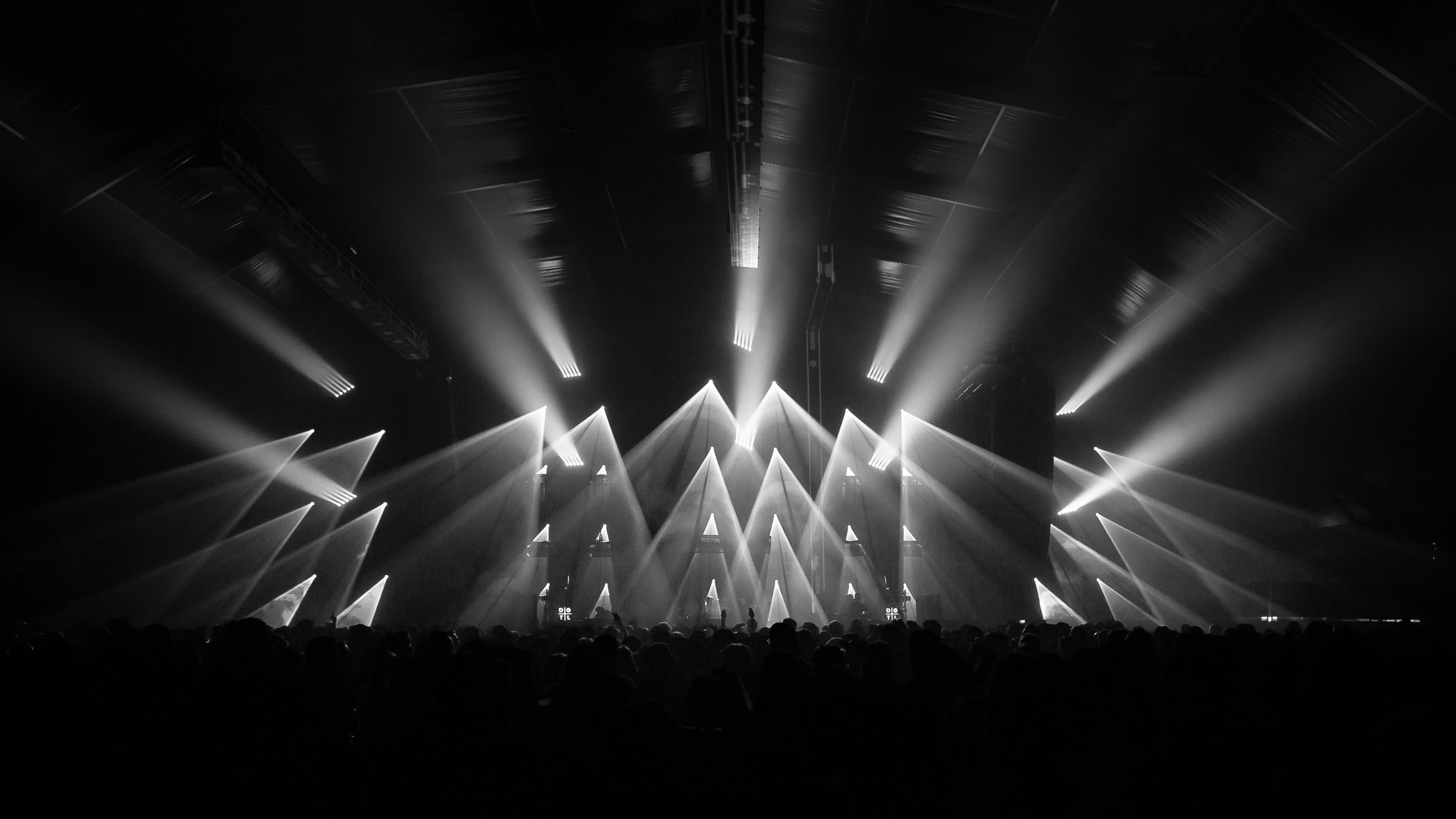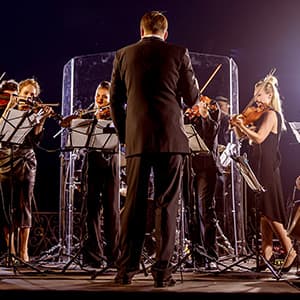

Poulenc Tickets
Up to 30% Off Compared to Competitors.
Location: Select Location (e.g, New York)
Events Nearby
We're Sorry. There are currently no events near you.
About Poulenc
Currently, Poulenc's music continues to be celebrated through numerous live performances across the globe. Orchestras and chamber ensembles frequently include his works in their concert seasons, with pieces like 'Sinfonietta' and 'Concerto for Two Pianos' being staples in the repertoire. In recent years, festivals dedicated to contemporary music have featured Poulenc's compositions, highlighting their enduring appeal. For instance, the annual Poulenc Festival in France attracts musicians and enthusiasts who gather to perform and discuss his contributions to music. Additionally, many renowned soloists and conductors have taken to performing his works, often bringing fresh interpretations to his timeless pieces. In 2023, several orchestras have planned performances of his lesser-known works, aiming to introduce audiences to the full range of his output. This increase in focus on Poulenc’s music reflects a broader trend in the classical music community, where there is a renewed interest in the works of 20th-century composers. Concerts featuring Poulenc are not just limited to traditional venues; they are also showcased in innovative formats, such as outdoor concerts and collaborative multimedia events, enhancing the accessibility of his music to wider audiences. As the classical music scene continues to evolve, the legacy of Poulenc remains vibrant and relevant, ensuring that his contributions to live performances will thrive for years to come.
Poulenc History
Francis Poulenc was a pivotal figure in 20th-century music, known for his unique blend of wit and emotional depth. Born in Paris in 1899, he was part of the group of composers known as Les Six, which included notable figures like Darius Milhaud and Arthur Honegger. This group emerged as a reaction against the romanticism of the late 19th century and sought to develop a distinctly French style of music. Poulenc's early works were influenced by the lightness of French popular music, yet he also drew inspiration from the sacred music tradition. His compositions, such as the 'Gloria' and the opera 'Dialogues des Carmélites,' showcase his ability to merge the sacred and the secular, often employing a rich harmonic language and lyrical melodies. Poulenc was also a prolific composer of chamber music, art songs, and piano works, contributing significantly to the concert repertoire. His unique style, characterized by a blend of irony and sincerity, resonated with audiences and established him as a mainstay in concert programs worldwide.
